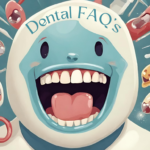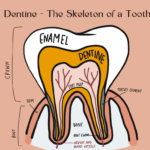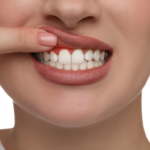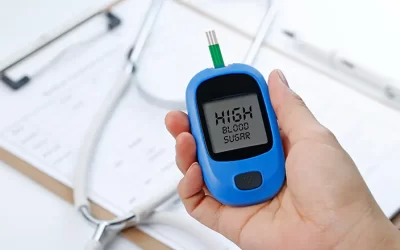DRY MOUTH
A dry mouth is a condition where the mouth feels dry, sticky and parched despite sufficient water intake. This causes discomfort and difficulty in speaking, eating, chewing and swallowing food.
A dry mouth is otherwise known as XEROSTOMIA, wherein it is found to have a drastic reduction in salivary secretions.
It predominantly affects older adults taking medications for chronic diseases, Cancer treatment like radiation therapy, stress and anxiety, and autoimmune diseases like Sjogren syndrome.
Are you one of those who experience this dry mouth? Then this article is just right for you.
Glandular Organs in our body are categorised into endocrine and exocrine.
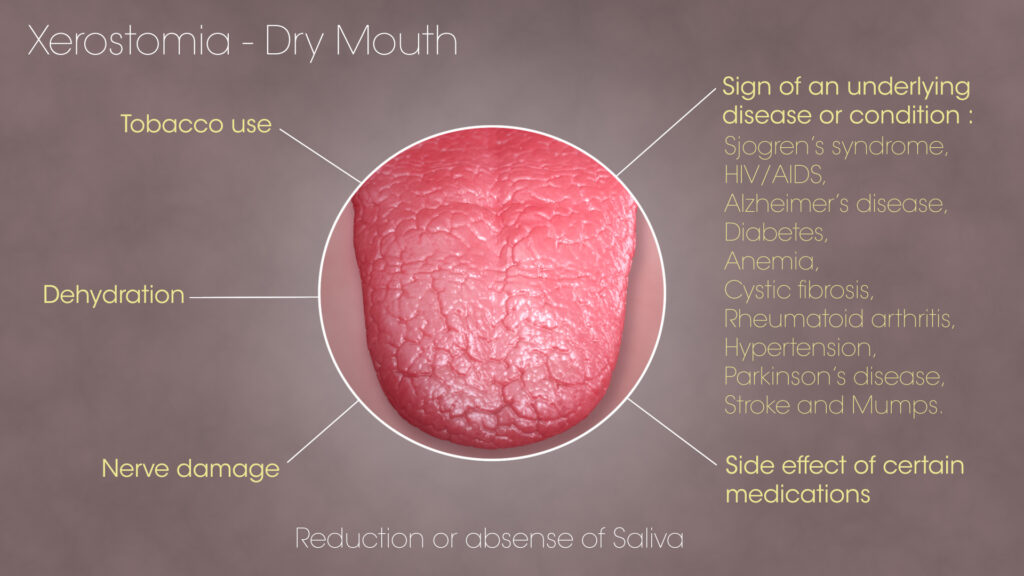
ENDOCRINE GLANDS
These Glands produce and release hormone-like substances into the bloodstream to perform certain functions like growth, metabolism, and reproduction.
Examples are,
- Thyroid gland
- Pituitary gland
EXOCRINE GLANDS
Exocrine glands produce the substance and release the same into various body cavities through ducts.
- Salivary glands
- Sebaceous glands
- Sweat glands
- Lacrimal glands
SALIVARY GLANDS
As the name suggests, saliva is produced and secreted into the oral cavity (Mouth) through salivary ducts. Saliva is 99% water; the rest, 1%, comprises mucus, electrolytes, and enzymes.
There are Major and Minor Salivary Glands. The Major Salivary Glands are the following.
- Parotid Salivary Gland
- Sub-Mandibular Salivary Gland
- Sub-Lingual Salivary Gland
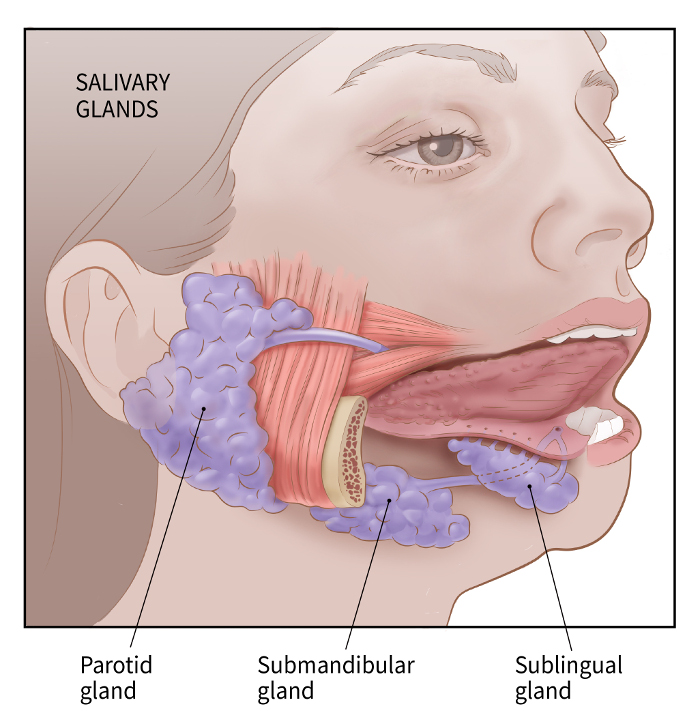
KEY FUNCTIONS OF SALIVA
As we are all aware that our oral cavity mirrors our body, saliva plays a vital role in maintaining good oral hygiene. The following are the key functions of saliva
- Lubrication- Saliva helps to keep the mouth moist and comfortable
- Swallowing- Saliva aids chewing, tasting and swallowing by preparing the food to form a bolus.
- Digestion: The first level of digestion begins with the help of a salivary enzyme called amylase
- Protection- Saliva helps to protect and prevent tooth cavities, gum diseases and bad breath.
When the salivary secretions are reduced or impaired due to the following factors like
- Certain medications- (Long-term medication)
- Cancer treatment- radiation therapy
- Salivary gland diseases
- Uncontrolled diabetes
- Stress and anxiety
- Ageing
- Tobacco/smoking
- Mouth breathers
SYMPTOMS
The common symptoms of dry mouth are
- Dryness and discomfort feel in the mouth.
- Difficulty in eating, speaking and swallowing food.
- Increased risk of dental/tooth cavity and gum diseases.
- Fungal infections of the mouth ex: oral candidiasis.
- Cracked lips.
- Burning sensation on tongue and mouth.
- Bad breath/foul odour while speaking.
REMEDIES
- If you are an individual who is taking long-term medication for chronic diseases and experiencing dry mouth conditions, then it is highly recommended to consult your healthcare physician to reassess your prescription.
- Frequent water sipping can reduce this discomfort and stickiness inside the mouth to a greater extent.
- Sugar-free chewing gums/candy – chewing sugar-free chewing gum or candy can activate the salivary glands to stimulate saliva production.
- Saliva substitutes – commercially available artificial saliva substitutes in the form of gels, rinses, and sprays help to lubricate and moisten the oral cavity and helps to reduce mouth dryness.
- Diseases of the Salivary gland need to be treated to increase the salivary flow, improving oral health.
- Quit tobacco consumption in any form, like Smoking, Chewing tobacco.
- Mal – Alignment contributing to mouth breathing should be corrected by Orthodontic Treatment.
- Mouth Breathers, due to Nasal septal defect/airway obstruction, should seek the help of an ENT (Ear-Nose-Throat) specialist.
- Counselling, meditation and clinical psychologist can help treat anxiety and stress.
- Cancer treatment associated with dryness of mouth must be treated with medication and protection of salivary glands.
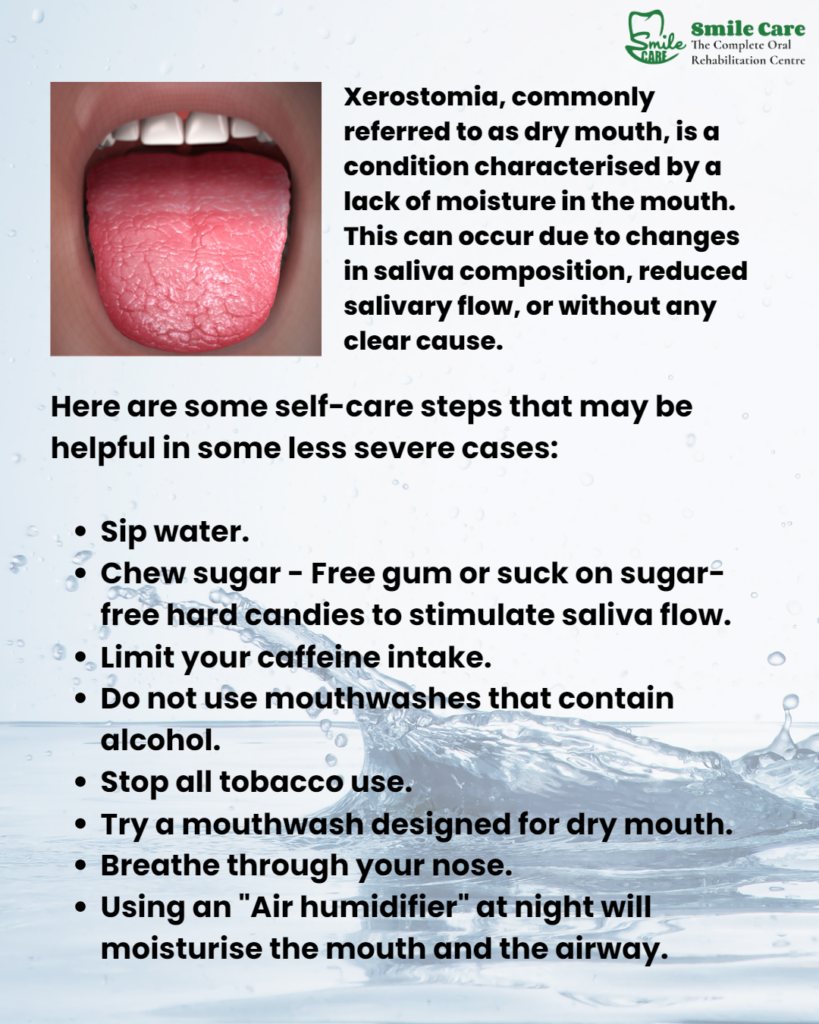
Recent studies have shown that using “AIR HUMIDIFIER” inside the room at night can help improve the humidity in the air, which in turn moisten the mouth and airway.
Diagnosis with laboratory saliva tests also helps find the causative factor for mouth dryness.
Dry mouth condition should not be neglected, as this can hamper the routine functions of life.
This condition can be managed and treated effectively with the proper guidance of healthcare professionals.
